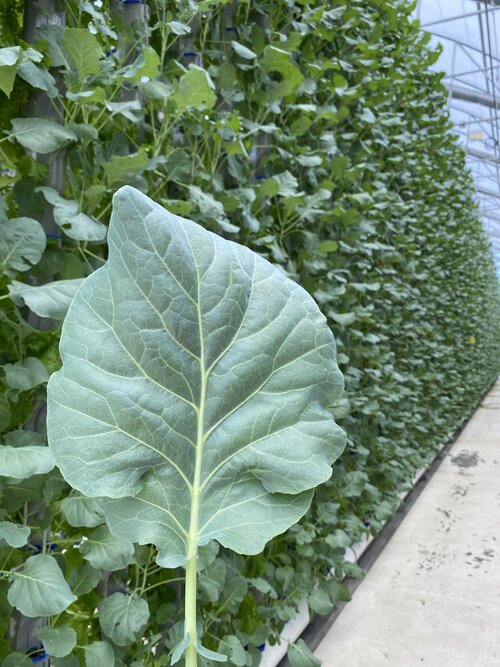- E-mail: info@kilimofiti.co.ke
- Call Us:+254 722 897 333
- Address: Lengai House, Kilifi
Hydroponics Farming
Hydroponics farming technique involves growing plants without soil, nourishing the plants through specialized nutrients added to water. In this innovative farming technique, crops are grown with the roots directly in mineral solution.
At KilimoFiti, we embrace hydroponic fodder production as a viable means of saving and safeguarding the livelihoods of drought-hit communities in Kilifi.
To solve the problem of food insecurity, Kilimofiti makes use of hydroponics farming that is not dependent on weather patterns and large parcels of land for crop production.
Hydroponics farming system reuses and recycles water hence reduces demand for water in farming. Additionally, it encourages organic farming and reduces dependency on inorganic fertilizers, use of herbicides and pesticides contributing to overall reduction of pollutants into the environment.
Benefits of Hydroponics
Higher yields
Creating ideal conditions ensures plants receive the perfect amount of nutrients, which come in direct contact with roots. Additionally, microclimates allow for year-round growth and faster crop cycles. All of this adds up to create far higher yields than traditional farming methods.
Maximizes space
Hydroponics requires far less space than plants grown in soil. Depending on the system, when hydroponics are combined with vertical farming techniques, they can use up to 99 percent fewer lands than typical farming techniques.
Conserves water
Growing plants in water actually use less water than growing the same plants in soil. In fact, hydroponic plants can grow with up to 98 percent less water than traditional growing methods.
Require less labor
Without the need for tilling, weeding, herbicide and insecticide application, and other labor-intensive farm jobs, hydroponics offers a lighter load for laborers and can easily be managed with far fewer man-hours. This cuts back on the cost of producing crops

At KilimoFiti, we embrace hydroponic fodder production as a viable means of saving and safeguarding the livelihoods of drought-hit communities in Kilifi.
Myra Julie
Newsletter
Subscribe
We’re just getting started. Sign up to be the first to hear about latest news, new apparel drops and gain access to exclusive experiences.
